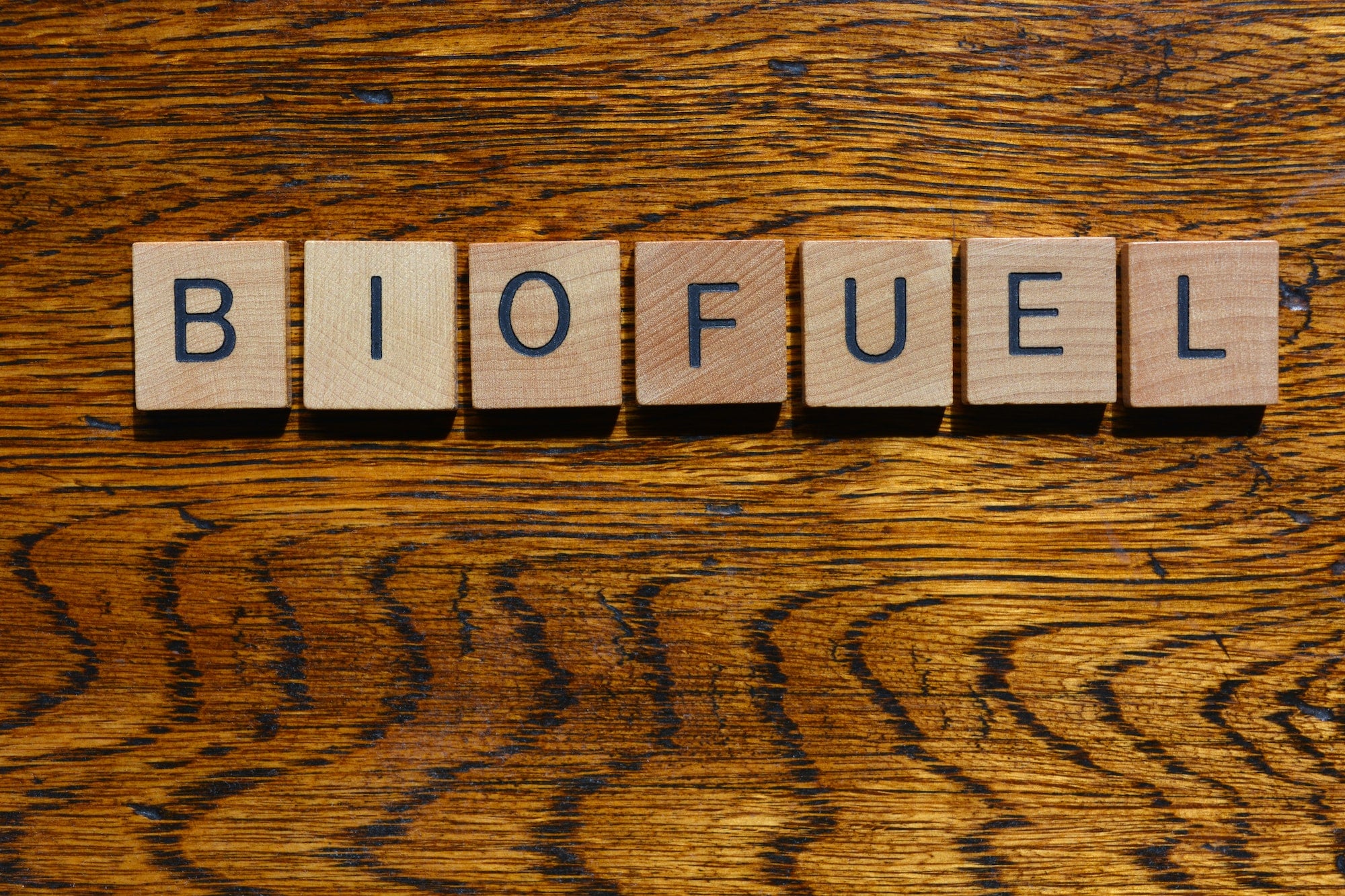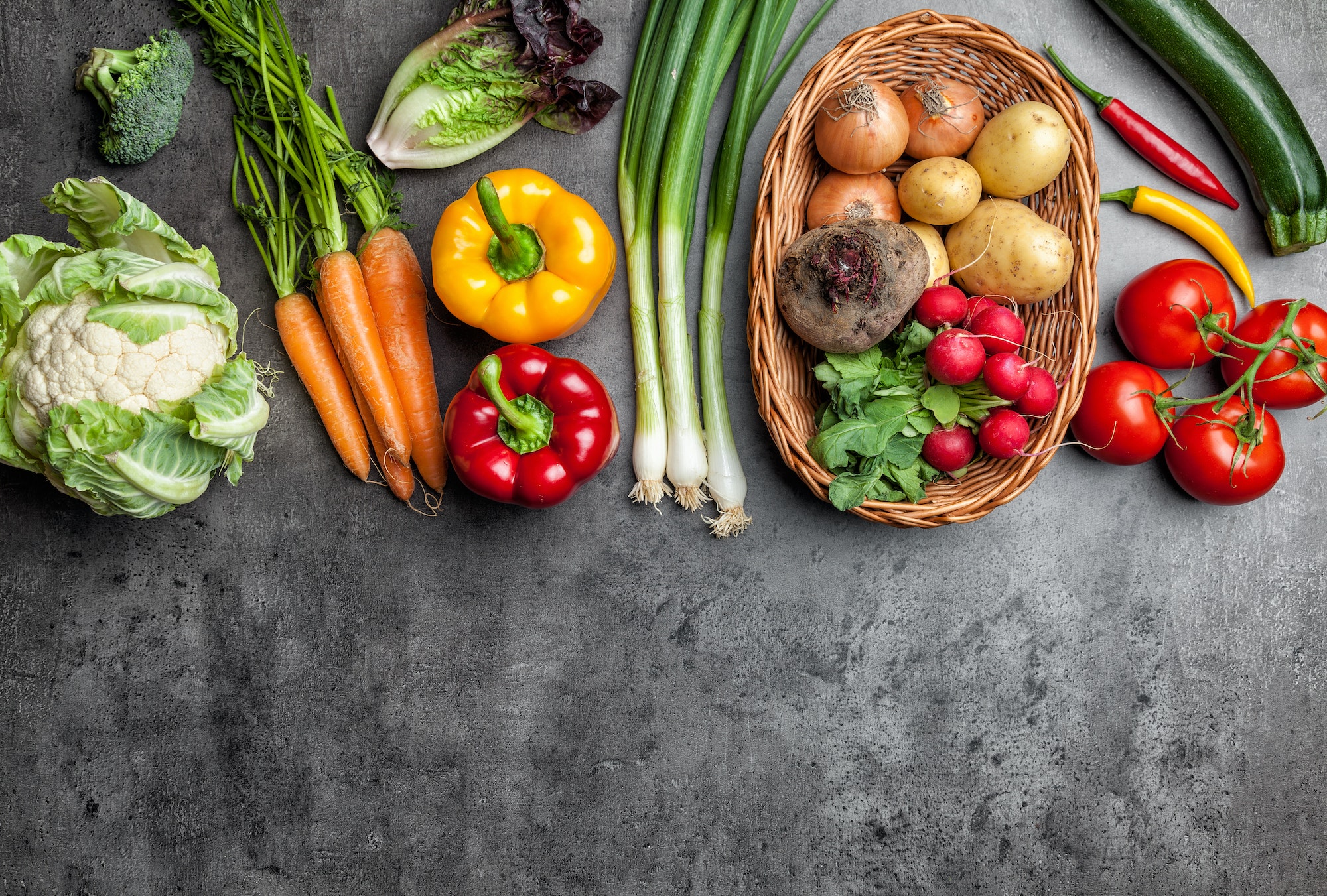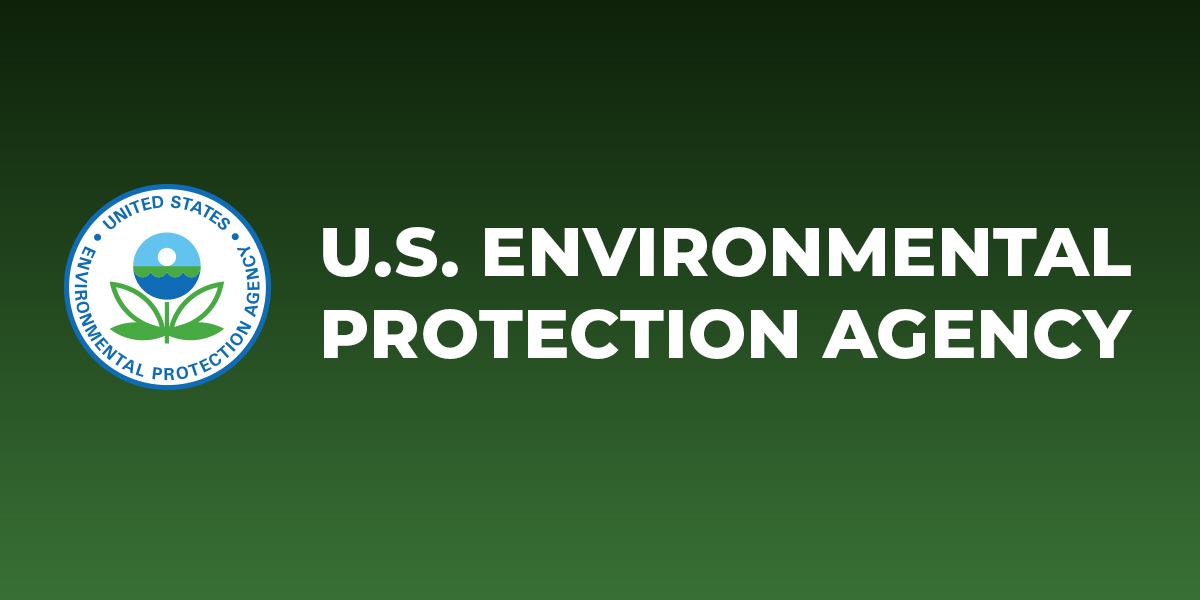Natural processes are prioritized in organic farming over artificial ones, like chemical fertilizers and pesticides. Organic farming is favored as better for the soil than conventional farming for a number of reasons.
When compared to conventional farming methods, organic agriculture is preferred because it improves soil health, lessens chemical contamination, and depends on long-term strategies to preserve soil resources.
One of the primary goals of organic farming is to improve soil quality by rotating crops and using cover crops. Crop rotation prevents erosion, preserves soil structure, and boosts soil fertility. Natural fertilizers like compost and animal manure are used by organic farmers instead of synthetic fertilizers, which may lead to soil compaction and upset the balance of soil microbes.
One of the many arguments farmers debate with consumers is pesticides used in cultivation, seeping into food, and harming both the consumer, and the earth. Organic farmers do not use chemical pesticides, and instead use crop rotation and companion planting to keep pests at bay. Chemical contamination is decreased using ration and companion planting, aiding in ecological stability.
Genetically modified organisms (GMOs), have been widely discussed in the last twenty years, and though they may have harsh effects on soil health, they are never used in organic farming. The usage of genetically modified organisms (GMOs) may upset the delicate balance of soil microbes and promote the evolution of pests that are resistant to conventional pesticides.
Agriculture and farming take a toll on resources, and the Earth’s health, but organic farming strives to protect the planet, while causing less harm than other farming practices. Both conservation tillage and agroforestry are sustainable soil management strategies that are used in organic farming and have been shown to be effective in lowering erosion rates and enhancing soil structure.
Organic farming is a way of cultivating crops and rearing animals that emphasize the use of natural means, rather than relying on man-made substances. The pesticides non organic farmers use for they crops are often produced from fossil fuels, and have adverse effects on both the health of humans and the environment. Pesticides also contribute in polluting soil, water, insects and animals, while posing a threat to the health of consumers.
We do not have a complete understanding of the long-term effects of these substances, and it may take many decades before the implications of their use are discovered. Organic farming is a safe method for reducing the usage of chemicals derived from fossil fuels, and is also a more sustainable variation of farming, as it keeps in touch with nature and natural cycles.
In the United States, the National Organic Program (NOP) is a US Department of Agriculture (USDA) marketing program within the Agricultural Marketing Service that sets marketing standards. The NOP’s mission is to:
- develop and implement national standards that govern the marketing of agricultural products as organically produced
- facilitate commerce in fresh and processed food that is organically produced
- assure consumers that such products meet consistent standards.
The Organic Foods Production Act of 1990 requires the Secretary of Agriculture to establish a National List of Allowed and Prohibited Substances. This list identifies synthetic substances that may be used and the non-synthetic substances that cannot be used, in organic production and handling operations.
Referring to resources through the USDA, helps consumers distinguish how foods are cultivated and grown, while also keeping themselves in check with ethical consumption tactics.









